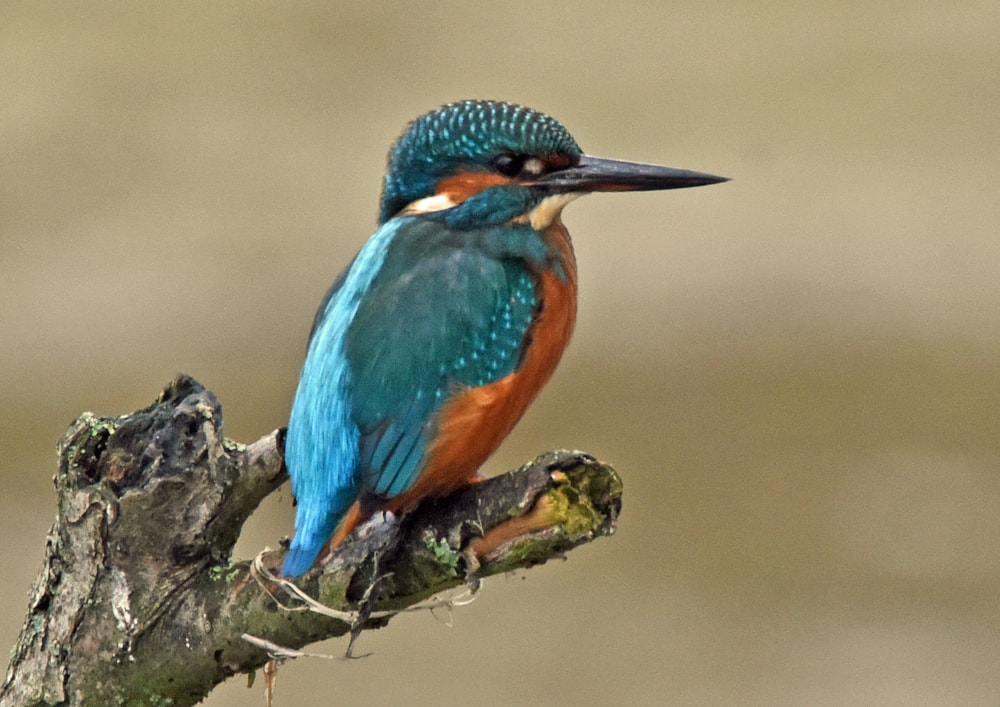Greater bird biodiversity can make people more joyful, according to a study published in Ecological Economics.
Scientists at the German Centre for Integrative Biodiversity Research concluded that conservation is just as important for human well-being as financial security. The study focused on European residents and determined that happiness correlated with a specific number of bird species.

The study showed that the happiest Europeans are those who experience a variety of bird species every day (Tony Hovell).
"According to our findings, the happiest Europeans are those who can experience numerous different bird species in their daily life, or who live in near-natural surroundings that are home to many species," says lead author Joel Methorst, a doctoral researcher at the Senckenberg Biodiversity and Climate Research Center, the iDiv and the Goethe University in Frankfurt.
The authors calculated that being around fourteen additional bird species provided as much satisfaction as earning an additional $150 a month. For the study, researchers used data from the 2012 "European Quality of Life Survey" to explore the connection between species diversity around homes, towns and cites, and how it relates to satisfaction. More than 26,000 adults from 26 European countries were surveyed.
According to the study authors, birds are some of the best indicators of biological diversity in any given area because they are usually seen or heard in their environments, especially in urban areas. However, more bird species were found near natural green spaces, forested areas and bodies of water.
"Nature conservation therefore not only ensures our material basis of life, but it also constitutes an investment in the well-being of us all," says Methorst.
Reference
Methorst, J, Rehdanz, K, Mueller, T, Hansjürgens, B, Bonn, A & Böhning-Gaese, K. 2020. The importance of species diversity for human well-being in Europe. Ecological Economics. DOI: 10.1016/j.ecolecon.2020.106917

